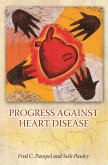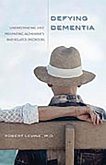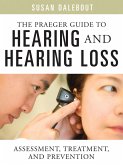Many healthcare professionals are focusing their concerns on controlling symptoms and minimizing physical distress while failing to deal with the social and psychological factors related to living with long-term chronic illness. Ariela Royer makes an important contribution to the study of health and illness behavior by showing the various strategies chronically ill people use to manage their symptoms and overcome the consequences of their particular illness, so they can live the most normal life possible and maintain their self-esteem.
In spite of a popular belief linking chronic illness mainly to aging, most chronic problems extend across the life span. One of every seven men and one of every eight women between the ages of 17 and 44 are limited in their major activity, their ability to work, keep house or go to school, because of a chronic condition. At ages 65 and over, nearly three-fifths of men and two-fifths of women are handicapped. Dr. Royer shows various strategies the chronically ill may use to live with the uncertainty inherent in chronic illness. She also discusses how one might try to overcome or to minimize the salient social consequences of chronic illness, such as stigma and social isolation, in order to get on with their lives.
In spite of a popular belief linking chronic illness mainly to aging, most chronic problems extend across the life span. One of every seven men and one of every eight women between the ages of 17 and 44 are limited in their major activity, their ability to work, keep house or go to school, because of a chronic condition. At ages 65 and over, nearly three-fifths of men and two-fifths of women are handicapped. Dr. Royer shows various strategies the chronically ill may use to live with the uncertainty inherent in chronic illness. She also discusses how one might try to overcome or to minimize the salient social consequences of chronic illness, such as stigma and social isolation, in order to get on with their lives.









